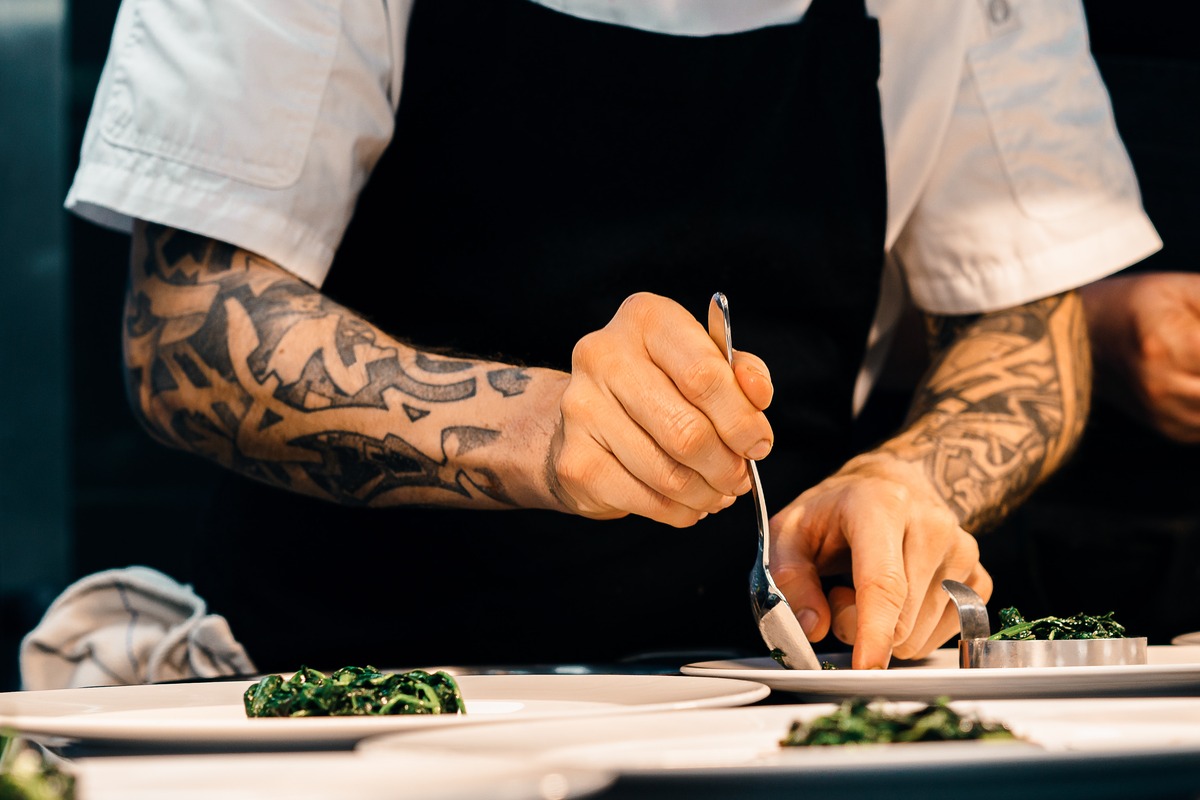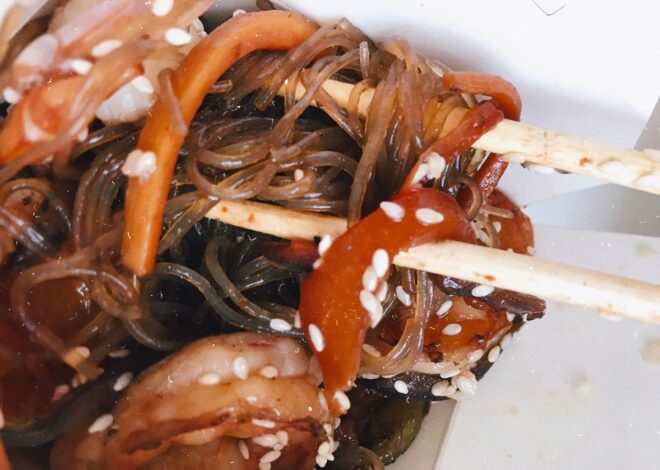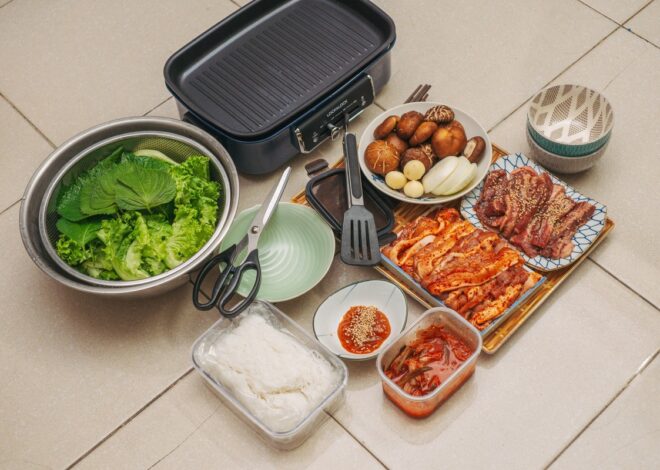
Food and Culture
In the world of gastronomy, where every bite tells a story and each recipe carries the weight of tradition, the interplay between food and culture is a mesmerizing spectacle. Join us on a culinary odyssey through Food Idiot, your portal to the enchanting world where culinary craftsmanship intertwines with the stories of societies, families, and individuals. In this article, we embark on a journey to explore the intricate threads that weave together ‘Food and Culture’ and unravel the secrets that make this relationship so captivating.
Exploring the Fusion of Flavors
A Delectable Prelude
Before we dive into the heart of our gastronomic adventure, let’s savor a tantalizing appetizer—a sneak peek into the fusion of flavors and cultures that awaits us.
Food, like a universal language, has the remarkable ability to transcend borders and communicate the essence of a culture. Whether it’s the umami-packed dishes of Japan or the fiery curries of India, each bite carries with it the heritage, history, and heart of its origin.
Question 1: How can I incorporate international flavors into my cooking?
To incorporate international flavors into your cooking, start by exploring different cuisines and their signature dishes. Experiment with new ingredients, herbs, and spices. You can also find inspiration from cookbooks, cooking shows, and online resources. Don’t be afraid to mix and match flavors to create your own unique culinary creations.
Taste Buds and Time Travel
Buckle up as we prepare to journey through time, exploring how the evolving tastes of different eras have shaped the way we eat, cook, and celebrate food today.
The history of food is a fascinating journey through time, reflecting changes in technology, trade, and cultural exchange. From the humble origins of ancient grains to the spice trade routes that connected continents, our palates have been on an ever-evolving adventure.
Question 2: What are some famous cultural food festivals around the world?
Some famous cultural food festivals around the world include Oktoberfest in Germany, Diwali in India, Chinese New Year, and Thanksgiving in the United States. These festivals not only showcase delicious food but also offer insights into the traditions and customs of different cultures.
Nourishment Beyond Borders
The Global Banquet
Food knows no borders, and neither do we. Let’s traverse the globe and discover how cuisines from distant lands have found their way into our hearts and kitchens.
The globalization of food has created a global banquet on our plates. Sushi from Japan, pizza from Italy, and tacos from Mexico have become beloved staples worldwide. This culinary intermingling has enriched our lives and expanded our taste horizons.
Question 3: Who are some renowned culinary authors and influencers to follow?
Answer: Renowned culinary authors and influencers like Julia Child, Jamie Oliver, Gordon Ramsay, and Nigella Lawson. They have made significant contributions to the world of food. Through their cookbooks, TV shows, or social media, they can provide valuable insights and inspiration for your culinary journey.
Food Diplomacy
Explore how food diplomacy has brought nations together, forging connections through the universal language of taste.
Food has long been used as a tool for diplomacy. When heads of state share a meal, it’s not just about satisfying hunger; it’s about building relationships and understanding. Culinary diplomacy fosters bonds that transcend politics and promote peace.
Question 4: How does food bring people together?
Food brings people together by creating shared experiences and fostering a sense of community. Whether it’s a family dinner, a potluck with friends, or a cultural food festival, gathering around a table to share a meal creates connections and strengthens relationships.
Culinary Traditions
Passed Down through Generations
Join us in uncovering the time-honored traditions and family recipes that are passed down through generations. Let us discover the preserving of culture on our plates.
Family recipes are more than just instructions for cooking; they are a tangible link to our heritage. Passed down from generation to generation, these recipes carry with them the stories and memories of our ancestors.
Question 5: Can you recommend some traditional family recipes?
Traditional family recipes vary greatly depending on cultural backgrounds. For Italian cuisine, try making homemade pasta with a family tomato sauce. In Mexican cuisine, you might explore recipes for tamales or mole sauce. These recipes are not only delicious but also a way to connect with your cultural roots.
Festivals and Feasts
Around the world, festivals and feasts mark significant cultural moments. From Mardi Gras in New Orleans to Ramadan, these events showcase the power of food to unite communities.
Question 6: What role does food play in preserving cultural heritage?
Food plays a crucial role in preserving cultural heritage. Its continued by passing down recipes, culinary traditions, and stories from one generation to the next. It serves as a tangible link to the past and a way to keep cultural traditions alive.
The Culinary Storytellers
Culinary Chronicles
Culinary storytellers like Anthony Bourdain, Julia Child, and Alton Brown have taken us on journeys around the world through their words and recipes. Their passion for food and culture has inspired countless individuals to explore new cuisines and culinary traditions.
In the spirit of these culinary pioneers, Food Idiot aims to carry forward the tradition of celebrating the richness of food and culture.
As we conclude our exploration of ‘Food and Culture,’ remember that every dish is a story waiting to be told, and every meal is an opportunity to bridge cultural gaps. Food is not just sustenance; it’s a celebration of our shared human experience.
Thank you for joining us on this flavorful journey. Stay tuned for more culinary adventures at Food Idiot!



